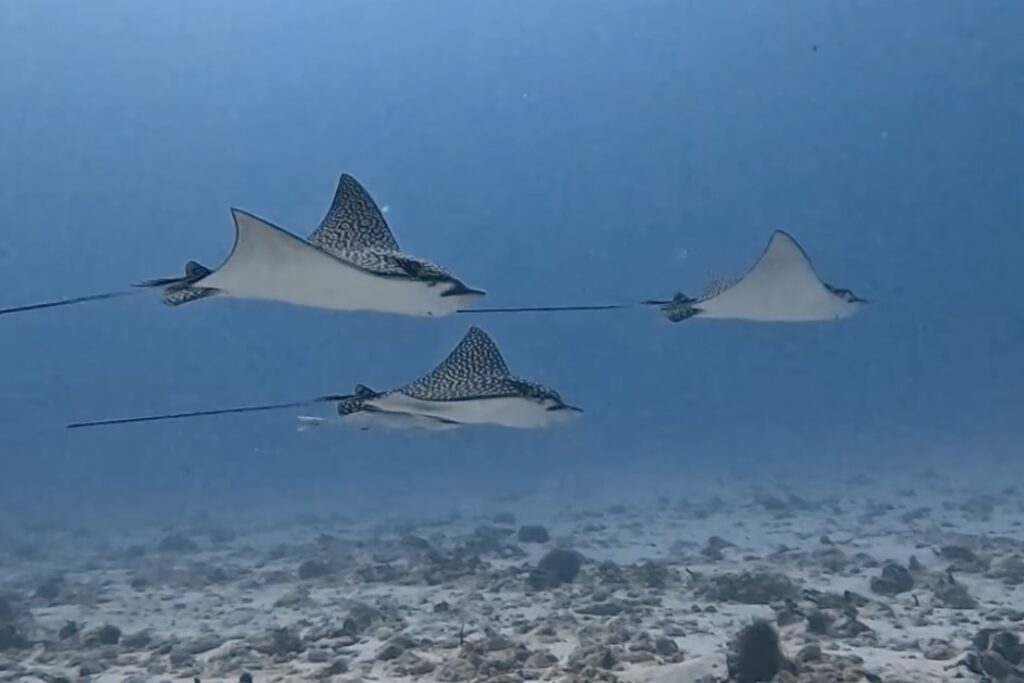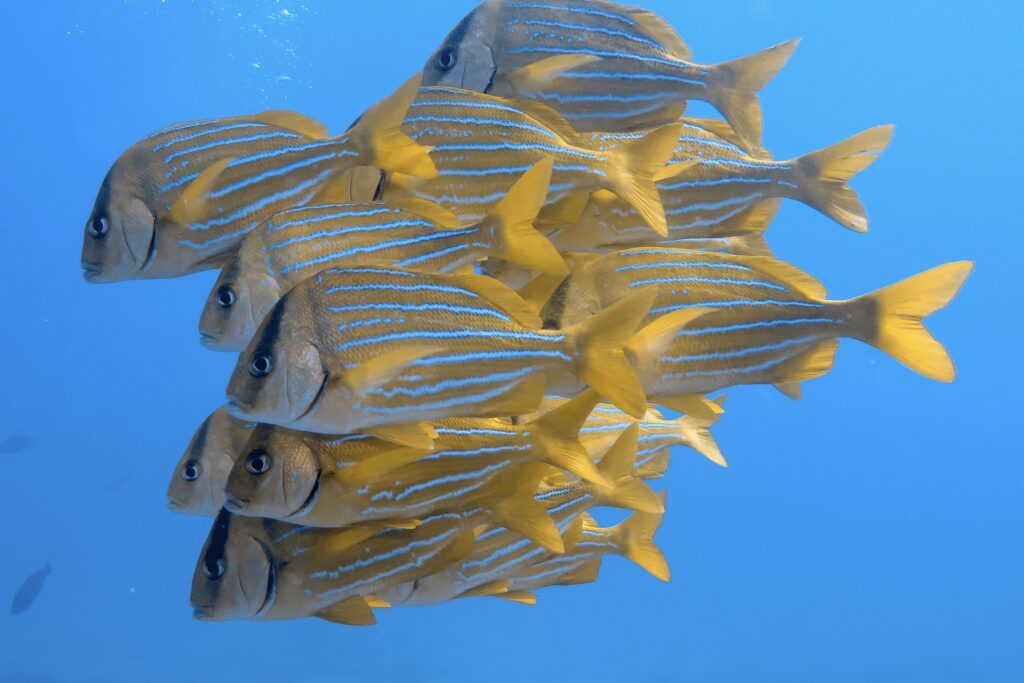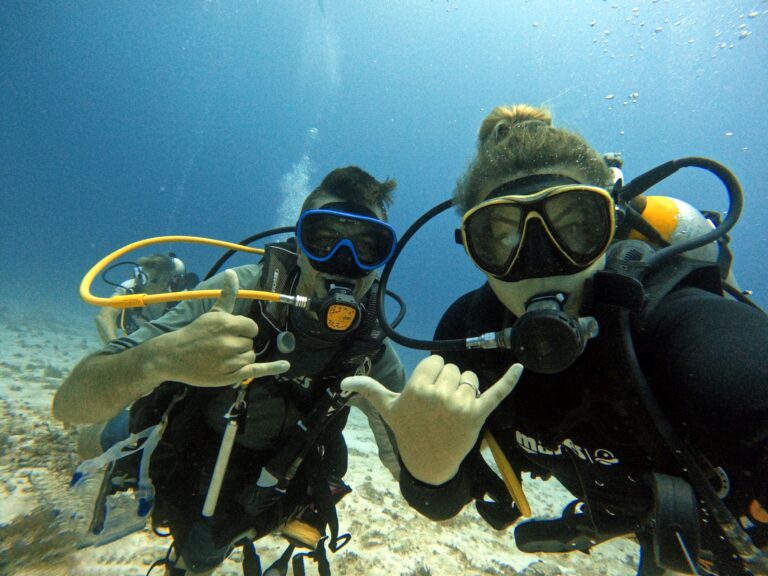Beneath the shimmering surface of our oceans lies a world of mesmerising beauty and extraordinary biodiversity. While we often focus on the majesty of the land, it’s crucial not to overlook the valuable ecosystems thriving beneath the waves. Underwater marine wildlife holds a significance that extends far beyond its aquatic realm, playing a vital role in sustaining life on Earth. Let’s dive into the depths of this importance and discover why protecting these underwater wonders is crucial.
The ocean is home to an astonishing array of life forms, from the tiniest plankton to the largest whales. This biodiversity is not just a wonder to behold; it’s also essential for maintaining the delicate balance of marine ecosystems. Each species plays a specific role in these ecosystems, whether it’s as a predator, prey, or contributor to nutrient cycling. The loss of even one species can have ripple effects throughout the entire ecosystem, destabilising it and potentially leading to negative impacts on other marine life and even human communities that depend on these ecosystems for sustenance and livelihoods.
Underwater marine wildlife, particularly organisms like phytoplankton and seaweed, are crucial players in regulating the Earth’s climate. Phytoplankton, for instance, produces half of the world’s oxygen through photosynthesis, making it essential for the health of our atmosphere. Additionally, marine plants and animals play a vital role in carbon sequestration, helping to mitigate the impacts of climate change by absorbing and storing carbon dioxide from the atmosphere. Protecting these underwater ecosystems is critical for maintaining a stable climate and preventing the effects of global warming.
The oceans provide a wealth of resources that support economies and communities around the world. Fisheries, tourism, pharmaceuticals, and biotechnology are just a few industries that rely on healthy marine ecosystems for their survival. Fishing, for example, provides food security for millions of people globally. Similarly, marine tourism, including activities like diving and snorkelling, generates significant revenue for coastal communities. By preserving underwater marine wildlife, we not only protect these valuable economic resources but also ensure the well-being of the communities that depend on them.
The ocean remains one of the least explored and understood regions on Earth, with countless mysteries waiting to be uncovered. Underwater marine wildlife offers a treasure trove of scientific knowledge and inspiration for innovation. Studying these ecosystems
can lead to breakthroughs in fields such as medicine, biotechnology, and materials science. Marine organisms have already yielded compounds used in treatments for cancer, pain relief, and bacterial infections, highlighting their potential value to human health and well-being. By safeguarding marine biodiversity, we open the door to untold scientific discoveries and technological advancements.
The significance of underwater marine wildlife extends beyond its practical advantages, encompassing essential values that surpass human utility. The vast array of life forms and the captivating beauty of underwater scenery reveals profound wonder and admiration, reinforcing our bond with the natural world. Preserving these ecosystems transcends mere practicality; it becomes a moral imperative. Every species possesses a right to exist. It is important that we protect our marine ecosystems.
In conclusion, the importance of underwater marine wildlife cannot be overstated. From regulating the climate to supporting livelihoods and inspiring scientific discovery, these ecosystems are fundamental to the health and well-being of our planet. As stewards of the Earth, it is important for us to recognize the profound significance of these underwater wonders and take action to ensure their preservation for generations to come. Whether through conservation efforts, sustainable practices, or simply fostering a deeper appreciation for the beauty and diversity of marine life, each of us has a role to play in safeguarding the future of our oceans. Let us embrace this responsibility with humility, gratitude, and a sense of wonder for the extraordinary world that lies beneath the waves





